If anything can, it is memory that will save humanity. For me, hope without memory is like memory without hope
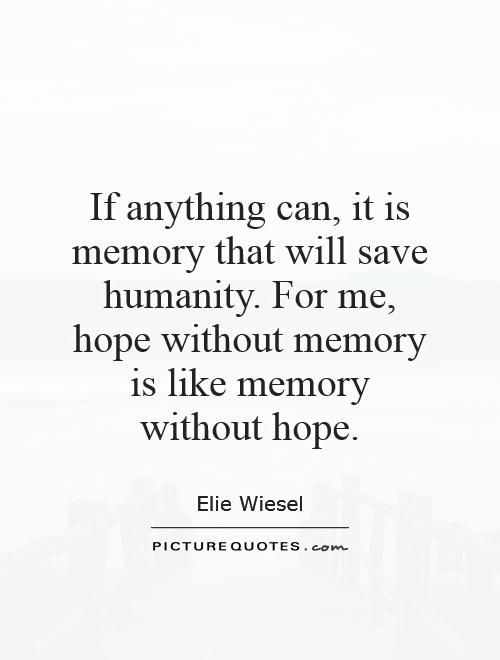
If anything can, it is memory that will save humanity. For me, hope without memory is like memory without hope
Elie Wiesel, a Holocaust survivor and Nobel laureate, understood the power of memory in preserving humanity. Throughout his life, Wiesel dedicated himself to bearing witness to the atrocities of the Holocaust and ensuring that the memory of those who perished would never be forgotten. He believed that memory was not only a tool for preserving history but also a source of hope for the future.Wiesel's own experiences during the Holocaust shaped his belief in the importance of memory. As a teenager, he was imprisoned in Auschwitz and Buchenwald, where he witnessed unimaginable horrors and lost his family. Despite the trauma and suffering he endured, Wiesel emerged from the Holocaust with a determination to ensure that the world never forgot the millions of lives lost during that dark period in history.
In his memoir, "Night," Wiesel wrote about the importance of remembering the past in order to prevent similar atrocities from happening in the future. He believed that by bearing witness to the suffering of others, we can cultivate empathy and compassion, which are essential for building a more just and humane society. Wiesel's words serve as a powerful reminder that memory is not just a passive recollection of the past, but a call to action to create a better world.
Wiesel's belief that hope without memory is like memory without hope speaks to the interconnectedness of these two concepts. Without memory, we are doomed to repeat the mistakes of the past, unable to learn from history and move forward. On the other hand, without hope, memory becomes a burden, weighing us down with the pain and suffering of the past without offering any possibility for redemption or change.
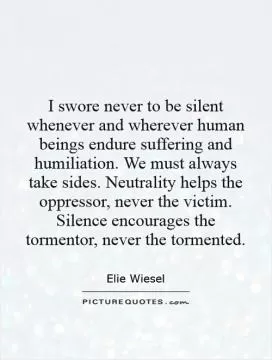
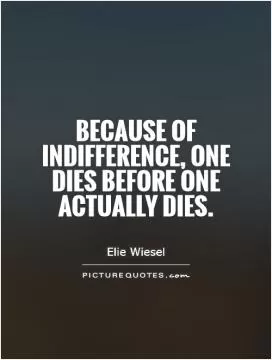


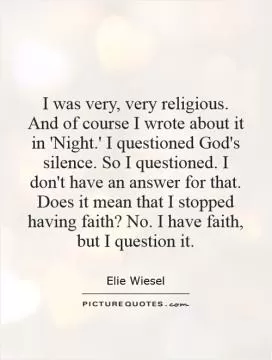
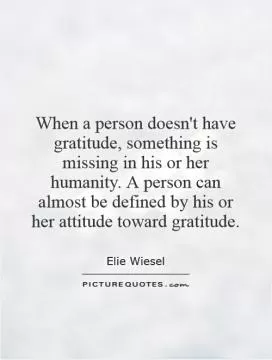
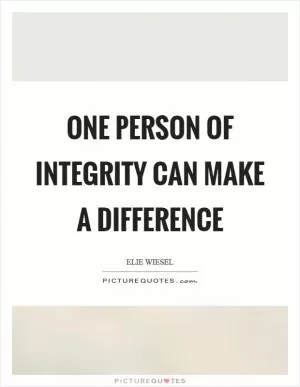
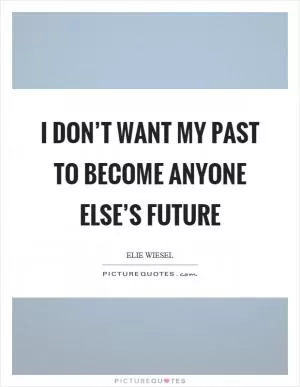
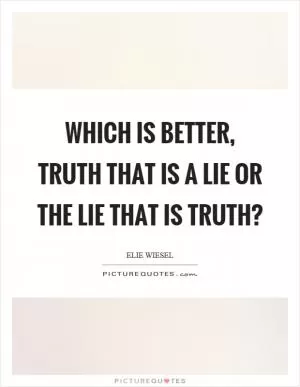
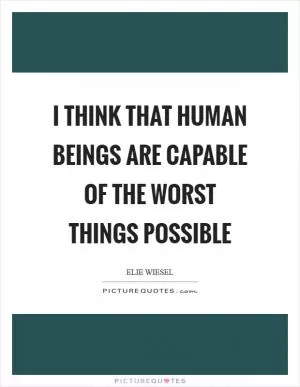
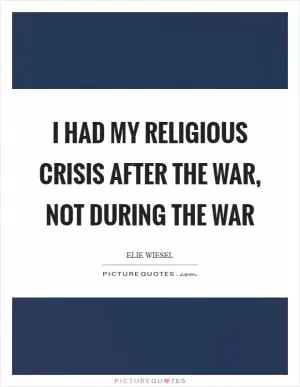
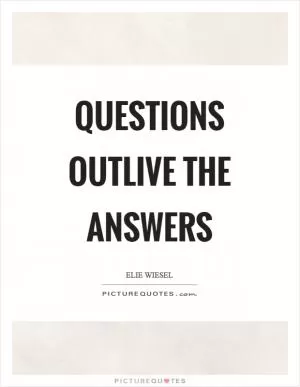
 Friendship Quotes
Friendship Quotes Love Quotes
Love Quotes Life Quotes
Life Quotes Funny Quotes
Funny Quotes Motivational Quotes
Motivational Quotes Inspirational Quotes
Inspirational Quotes